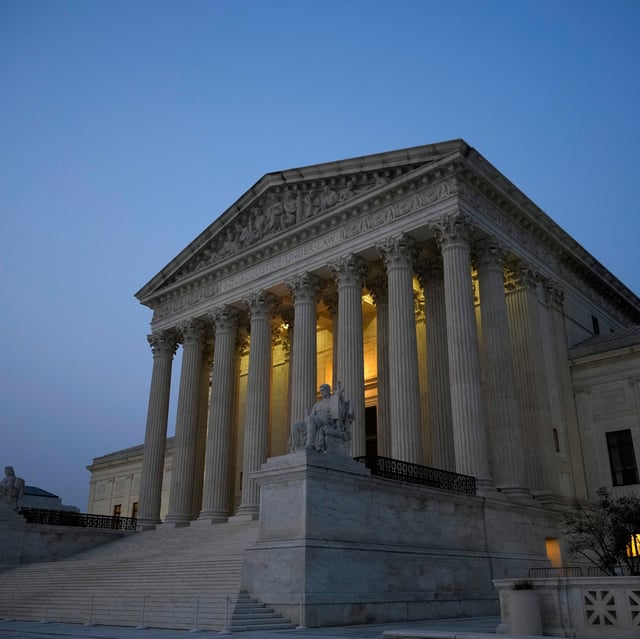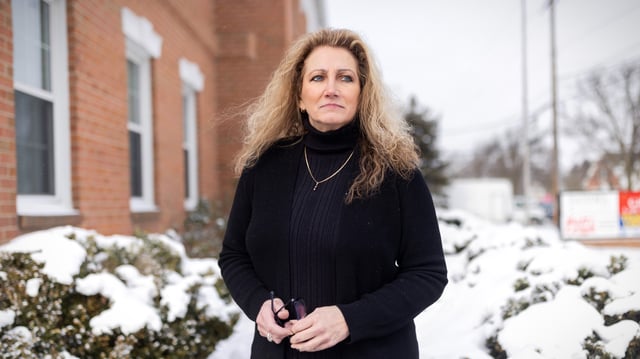Overview
- The justices unanimously held that Title VII’s protections apply equally to all individuals without imposing a heightened proof standard on majority-group plaintiffs.
- Justice Ketanji Brown Jackson wrote that the disputed evidentiary rule conflicts with the statute’s text and established case law on disparate-treatment claims.
- Marlean Ames, who alleges she was passed over for promotions and later demoted by the Ohio Department of Youth Services in favor of LGBTQ colleagues, can now pursue her lawsuit in federal court.
- The decision overturns extra hurdles in 20 states and the District of Columbia where courts had required majority-group claimants to show special ‘background circumstances.’
- Legal experts predict the ruling will prompt a surge of reverse discrimination suits challenging corporate and public-sector diversity, equity and inclusion programs amid federal DEI rollbacks.



